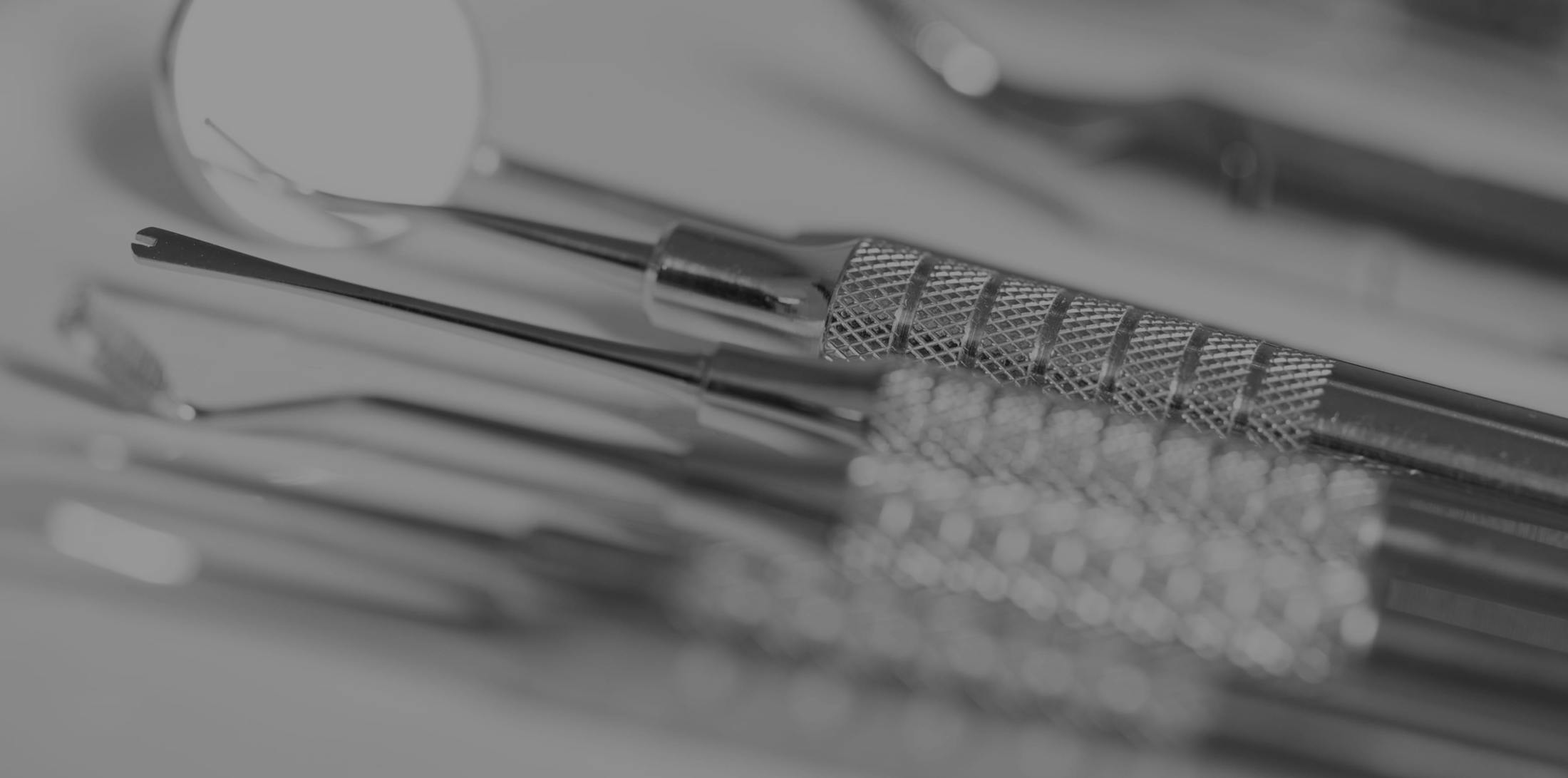How a Dysbiotic Oral Microbiome May Impact Overall Health
If you’re experiencing problems anywhere within your body — including your mind — chances are that your oral microbiome is imbalanced and disturbing other systems. That’s because there’s a bi-directional relationship between the health of your mouth and the rest of your body. As I like to say, the mouth is the gateway and a mirror to the entire body. Systemic diseases like heart disease, diabetes, and obesity, and more are linked directly to the quality of your oral microbiome. Let’s take a look at the top offenders according to recent microbiome research.
1. Inflammation
Gut and oral microbial communities help keep your health in check. The malfunction of normal oral bacteria operations can lead directly to chronic issues like immune dysregulation.
Chronic inflammation is the cause of many health issues throughout the body. That’s why a dysbiotic human microbiome may lead to serious problems in the cardiovascular, digestive, immune, and nervous systems — including periodontal diseases.
Chronic, low-grade inflammation significantly impairs systemic health over time.
2. Cardiovascular Health
An impaired oral microbiome has a direct, recognized link to the development of cardiovascular disease (CVD). Inflammation also makes CVD worse. Over time, CVD can lead to strokes, high blood pressure, and endocarditis.
If your oral health is poor, atherosclerosis may happen more quickly as fatty deposits build up in the arteries without mouth-gut microbes to properly process the food in your digestive tract.
3. Brain Health
The gut-brain axis links the central and enteric nervous system, which is why your intestinal health has a substantial effect on neurological and cognitive function.
A 2020 study explored the biological correlation between impaired oral microbiota and the development of severe brain disorders such as autism, Alzheimer’s disease, and bipolar disorder.
A scientific study in 2019 identified the bacteria most responsible for gum disease could potentially have a causal (not correlational) link to the development of Alzheimer’s disease.
4. Mental Health
A dysbiotic human oral microbiome can also affect emotional and mental well-being.
As stress harms the microbes in your mouth, the gut-brain axis connection can influence levels of anxiety and depression as early as birth.
5. Diabetes
Sedentary lifestyles and poor diet are primary factors in the development of diabetes. But there is also a strong connection between type 2 diabetes mellitus and poor oral health.
Specifically, developing gum disease appears to drastically increase the risk of developing type 2 diabetes. That’s because gum infections and inflammation are directly triggered when your oral microbiota fail.
6. Obesity
Extensive research suggests that a dysbiotic oral microbiome is one major factor in the development of obesity.
A 2019 study explored the connection between oral microbiome and obesity. Scientists found that multiple oral bacterial taxa were significantly associated with obesity, especially pathogens associated with weight gain during adulthood and above-average BMIs.
Researchers have also observed a connection between oral microbial profiles and obesity in children.
7. Cancer
A 2020 study concluded that certain oral bacterial species are associated with cancer and that poor oral health may play a part in the development of:
- Pancreatic cancer
- Colorectal cancer
- Lung cancer
- Oral cancer
8. Infertility & Pregnancy Complications
Researchers have found significant evidence linking periodontal pathogenic bacteria in the oral microbiome to adverse pregnancy outcomes (APOs) like preterm birth and preeclampsia.
The transmission of pathogenic microorganisms through the mouth can cause a dysbiotic vaginal microbiome state. This may lead to complications like low birth weight, a higher rate of miscarriage, and even infertility.
9. Sexual Dysfunction
The reproductive systems in men and women may be impacted by imbalances in the human microflora.
A 2020 study investigated a potential link between erectile dysfunction and dysbiosis of the gut microbiome. While their findings required further investigation, researchers did notice a remarkable difference in the abundance of Alistipes and Clostridium XVIII bacteria between subjects with and without erectile dysfunction.
Dysbiosis of the human oral microbiome may be connected to Sjögren’s syndrome, characterized by both oral and vaginal dryness.
10. Autoimmune Conditions
Recent research suggests certain features of the oral microbiome are associated with rheumatoid arthritis, an inflammatory autoimmune disease.
HIV/AIDS may also be connected to the state of one’s oral microbiome. As with other autoimmune conditions, there is a noticeable difference in the oral microflora of those with and without HIV/AIDS.
11. Osteoporosis
The development of osteoporosis and periodontitis share many characteristics and risk factors, pointing to a bidirectional relationship between these two conditions.
A 2020 study focused on how oral bacteria triggering inflammation mirrored the progressive loss of bone mineral density. This suggests that one cause and/or risk factor for osteoporosis may be a dysbiotic oral microbiome.
12. Cirrhosis of the Liver
Your liver can be severely damaged if the microbiome in your gut — and, by extension, your mouth — is not well. Chronic liver diseases can lead to permanent scarring.
Scientists have documented a clear correlation between the development of liver cirrhosis and the presence of invasive buccal microorganisms that entered the gut through the mouth.






